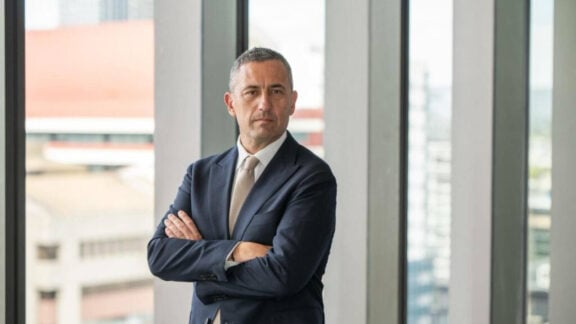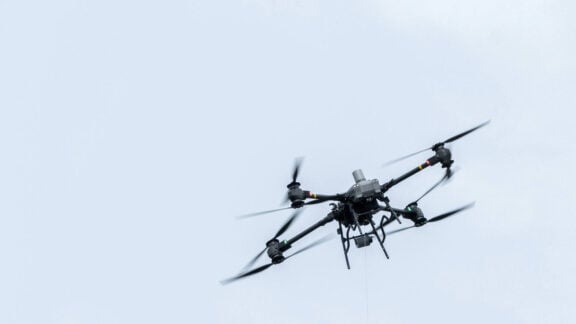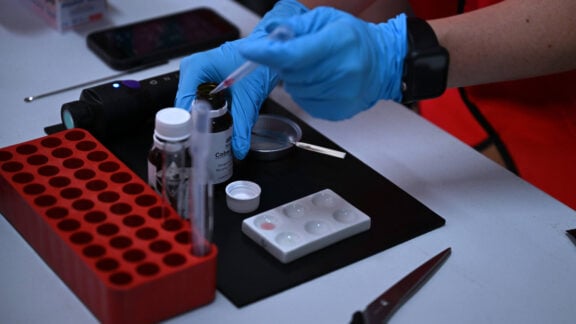UberX – the controversial online taxi service – is the loser in new measures announced this week by the Australian Tax Office, as part of an effort to harness income from the digital economy.
The ATO has given UberX drivers two-and-a-half months to start paying GST – but told Airbnb, the online service that allows people to privately rent out rooms or apartments online – that its GST-free status will remain.
Melbourne taxi fleet operator Harry Katsiabanis described the ATO’s decision “to enforce the country’s laws” on Uber “as a small step towards fair competition”.
“Government should enforce the law of the land. Taxis welcome competition but on a level playing field,” said Mr Katsiabanis, who has been a strident critic of UberX since it began operations two years ago.
Mr Katsiabanis has called on the Victorian government to introduce new legislation to fight Uber’s infiltration of the market. Last year the Taxi Services Commission (TSC) – the government agency responsible for regulating the state’s taxi industry and implementing reforms – began legal action against a dozen drivers from the ‘ride-sharing’ company last year, in an effort to regulate its business.
The TSC’s intervention followed an undercover investigation. Victorian Taxi Commissioner Graeme Samuel has described Uber as “thumbing its nose” at the industry’s regulators.
Uber drivers use their own vehicles as taxis to collect passengers who have requested a car using a smart phone app.
In Uber’s response to the GST announcement, the company said it was disappointed the ATO had “taken it upon itself to dictate government policy for the sharing economy” and that the company was considering legal action over the ruling.
General manager David Rohrsheim said the ride-sharing service had been unfairly singled out and a consistent approach to the ‘sharing economy’ was needed.
Mr Rohrsheim added that it was unclear how the decision would effect Uber’s operations – whether GST would be applied on each fare or if it meant Uber drivers would pay the tax as part of a quarterly BAS statement.
“This is not a tax on Uber. This is tax on 9,000 ordinary Australians who’ve been singled out by the ATO for special treatment in the sharing economy and now are going to be burdened with extra red tape and extra taxes,” Mr Rohrsheim said.








